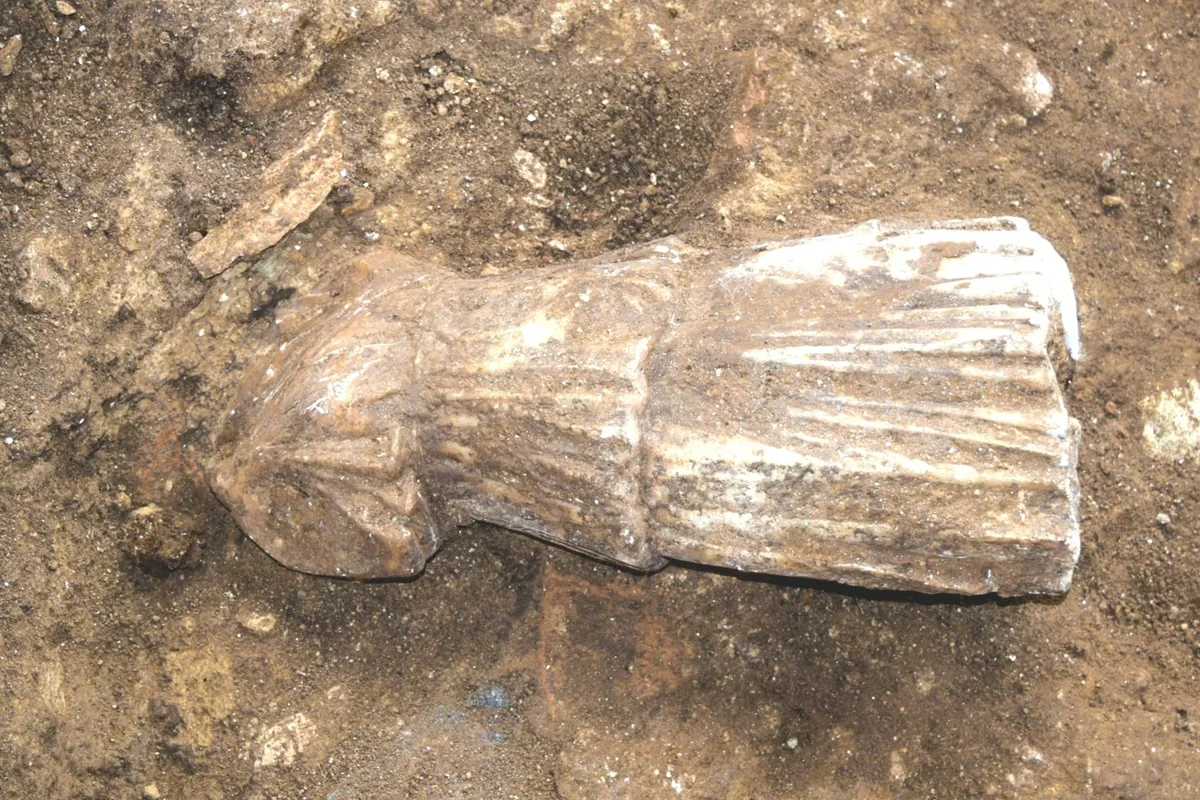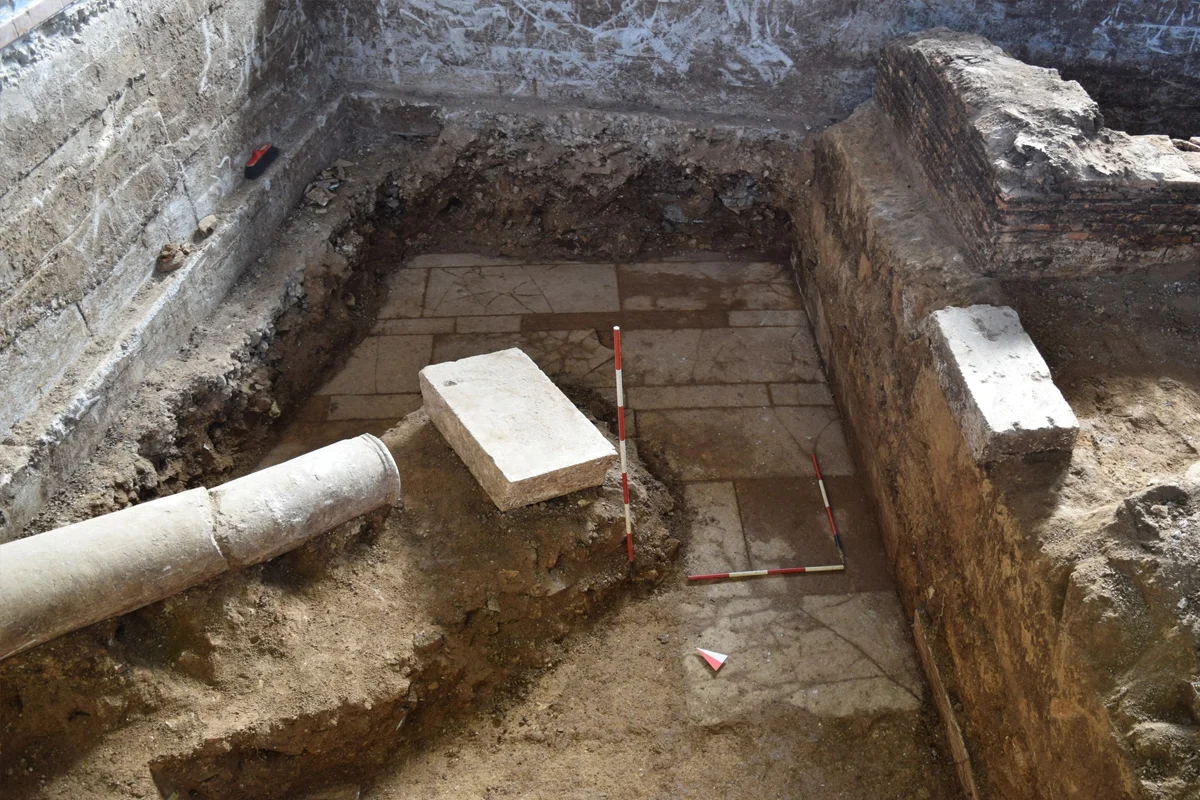Archaeologists from the Superintendent of Archaeology Fine Arts and Landscape have made several major discoveries during excavations of Roman Vibo Valentia at the Urban Archaeological Park.
Vibo Valentia is a city and municipality in the Calabria region of Italy, established as a Greek colony (Hipponion) during the 7th century BC.
In 194 BC, the Roman Republic annexed Hipponion and renamed the colony to Vibo Valentia, the same name that was restored to the modern city in 1928.
Recent excavations at the Urban Archaeological Park have uncovered architectural remains attributed to a Roman domus (private dwelling), and the traces of a thermal complex containing a sunken pool.

The pool is clad with coloured marble and is situated in a large room decorated with niches, columns, and marble statues.
The most significant objects, recently transferred to the National Archaeological Museum “Vito Capialbi” in Vibo Valentia, include a statue depicting Artemis (the Roman equivalent being Diana).
Artemis is a goddess of the Ancient Greek pantheon who is associated with the hunt, the wilderness, wild animals, nature, vegetation, childbirth, care of children, and chastity.
According to a press statement by the Superintendent of Archaeology Fine Arts and Landscape: “The investigated stratigraphy, the collected finds, and the masonry techniques of architectural elements we uncovered, allows us to date the site to a period between the Late Republican Age (2nd-1st centuries BC) and the Imperial Age (AD 2nd-3rd centuries).
“The results of our excavation not only enriches the historical and cultural heritage of the city of Vibo Valentia, but also represent an important resource for the community and a potential attraction for cultural tourism.”
Header Image Credit : ABAP Superintendence for the city of Reggio Calabria and Vibo Valentia
Sources : Archaeologists from the Superintendent of Archaeology Fine Arts and Landscape





